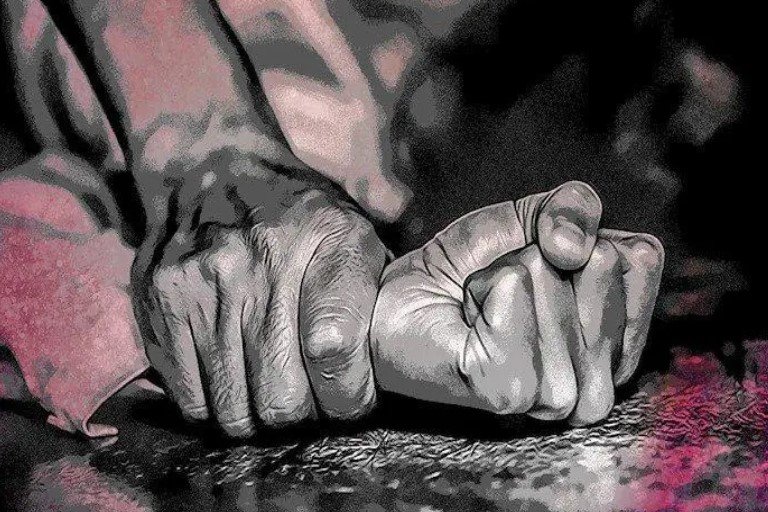Football
Footballers warned against signing for Serbian clubs


Nnaemeka Ajuru (R) in action for Javor Ivanjica in the Serbian Super League
Footballers across the world including Nigerian footballers have been warned against signing for clubs in Serbia due to the worsening working conditions in the country.
World players’ union FIFPro warned footballers not to sign for Serbian clubs in the January transfer window due to the ‘worsening working conditions’.
According to the website transfermarkt.de, there are 427 players in the Serbian top flight including 79 foreigners.
Most of the foreign players are from neighbouring countries including 25 from Montenegro, 10 from Bosnia and seven from Macedonia. Others include five from Brazil and four each from Ghana and Nigeria.
Further check by Chronicle.ng revealed that three of the four Nigerians playing in Serbia play for Javor Ivanjica. They are Nnaemeka Ajuru, Obiora Odita, and Obinna Tochukwu while Jesse Sekidika plays for Napredak Kruševac.
FIFPro said that, in addition to existing problems over late payment of wages, players faced “even less chance of receiving fair treatment” after changes to the arbitration panel which rules on disputes between them and the clubs.
FIFPro said the Serbian FA (FSS) had dismissed arbitrators chosen by the local players’ union Nezavisnost and replaced them with officials linked to the biggest clubs.
The players also had to pay increased fees to lodge a complaint, FIFPro said.
The FSS could not immediately be reached for comment.
“This is a flagrant violation of the fundamental rights of the professional football players in Serbia who are now effectively playing in a lawless environment,” said FIFPro general secretary Theo van Seggelen.
“We call upon the Serbian Football Association to immediately reverse its decision.
“Until this situation is resolved we strongly advise players not to go and play football in Serbia.”
FIFPro said that the move flouted FIFA regulations, which recommend that such panels, usually known as the National Dispute Resolution Chamber, should be made up equally of arbitrators chosen by the clubs and players.
A FIFPro report in November into the working conditions of players around the world found that 68 percent of those in Serbia had experienced late payment of wages at some point in the past two years, compared to a global figure of 41 percent.
Around 250 players in Serbia have gone to arbitration in the last two years, according to Nezavisnost.
“When you sign a contract with a club in Serbia you have a 50 percent chance of ending up in court,” Mirko Poledica, the union’s president, said.
“It is therefore absolutely fundamental that the chamber is an independent and impartial arbitration body,” he said, adding that the previous system had been working satisfactorily.









